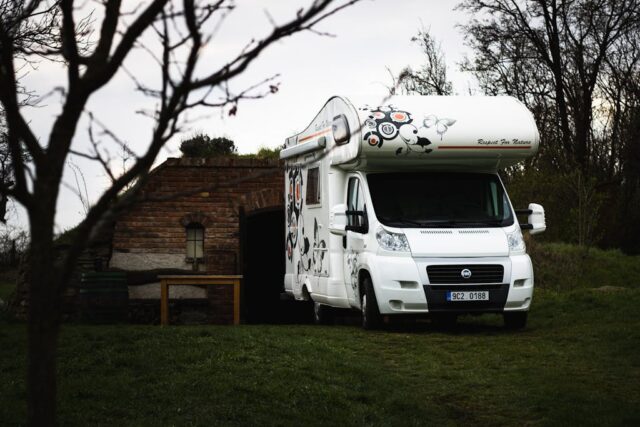An RV (Recreational Vehicle) presents the ultimate freedom for travel enthusiasts, offering the comforts of home on the open road. However, like any vehicle, it requires regular upkeep to ensure it runs smoothly and safely. Proper maintenance can also extend the life of your RV. Here’s a guide to the most important tips you should follow to keep your trusty travel companion in tip-top shape.
Regularly Check the Engine and Batteries
The heart of your RV’s mobility lies in its engine and batteries. Regular checks are crucial to spot any potential issues that could become serious problems. Change the oil and oil filters as recommended by your RV manufacturer to keep the engine running smoothly. For the batteries, ensure they’re fully charged and that the connections are clean, tight, and corrosion-free. Remember, batteries typically last around 3-5 years, so keep an eye on their age and replace them when needed.
Inspect the Roof and Seals
Water damage is a serious threat to RVs, and it often starts at the roof. Inspect your roof and all seals at least twice a year. Look for any cracks or holes and repair them promptly using a sealant compatible with your RV’s roofing material. Make sure to also check around windows, doors, and any slide-outs for leaks or deteriorating seals.
Tires Maintenance
Your RV tires are the foundation of your travel safety. Proper tire care involves checking the pressure regularly, as improper inflation can lead to blowouts or uneven wear. Inspect the tires for cracks, bulges, or any objects that may have punctured them. Don’t forget to also check the manufacture date – it’s recommended to replace RV tires every 5-7 years, regardless of their outward appearance.
Keep the Waste Water System in Good Order
The water system in your RV, especially the waste water system, requires regular maintenance to prevent unpleasant odors and potential health hazards. Use recommended chemicals to break down waste and toilet paper. Always empty the holding tanks at designated dumping stations, and rinse the system periodically to keep it clean and functioning properly.
Check the Brakes and Wheel Bearings
For your safety and that of others on the road, ensure that your RV’s brakes are properly maintained. This includes checking brake fluid levels and looking for wear on the brake pads. Similarly, wheel bearings should be inspected and greased annually to prevent failures that could lead to dangerous situations while driving.
Test Safety Devices
Safety devices in your RV, like smoke detectors, carbon monoxide detectors, and fire extinguishers, must be regularly tested and maintained. Replace batteries in detectors as needed, and ensure that the fire extinguisher is still within its expiration date and properly charged.





































